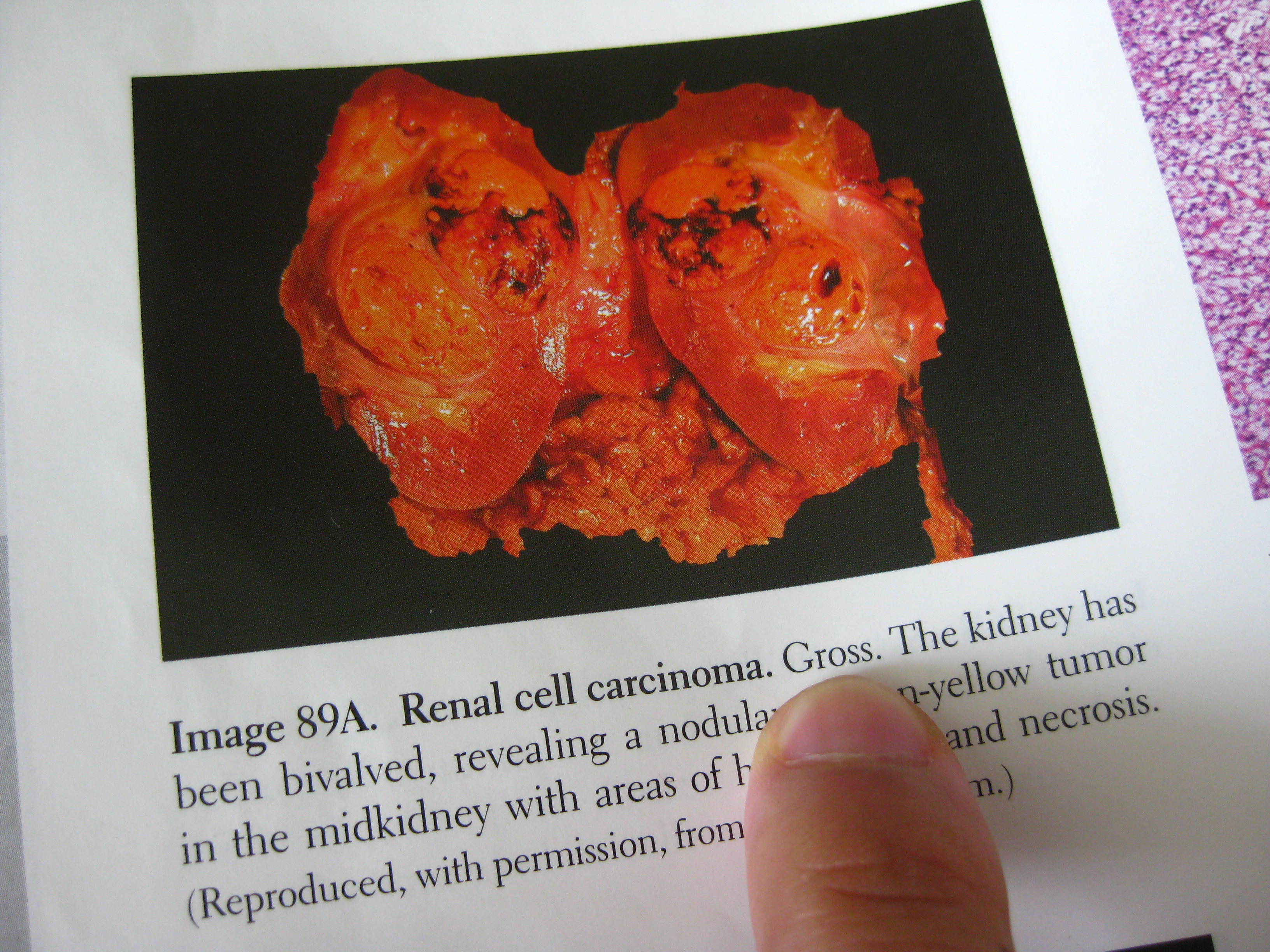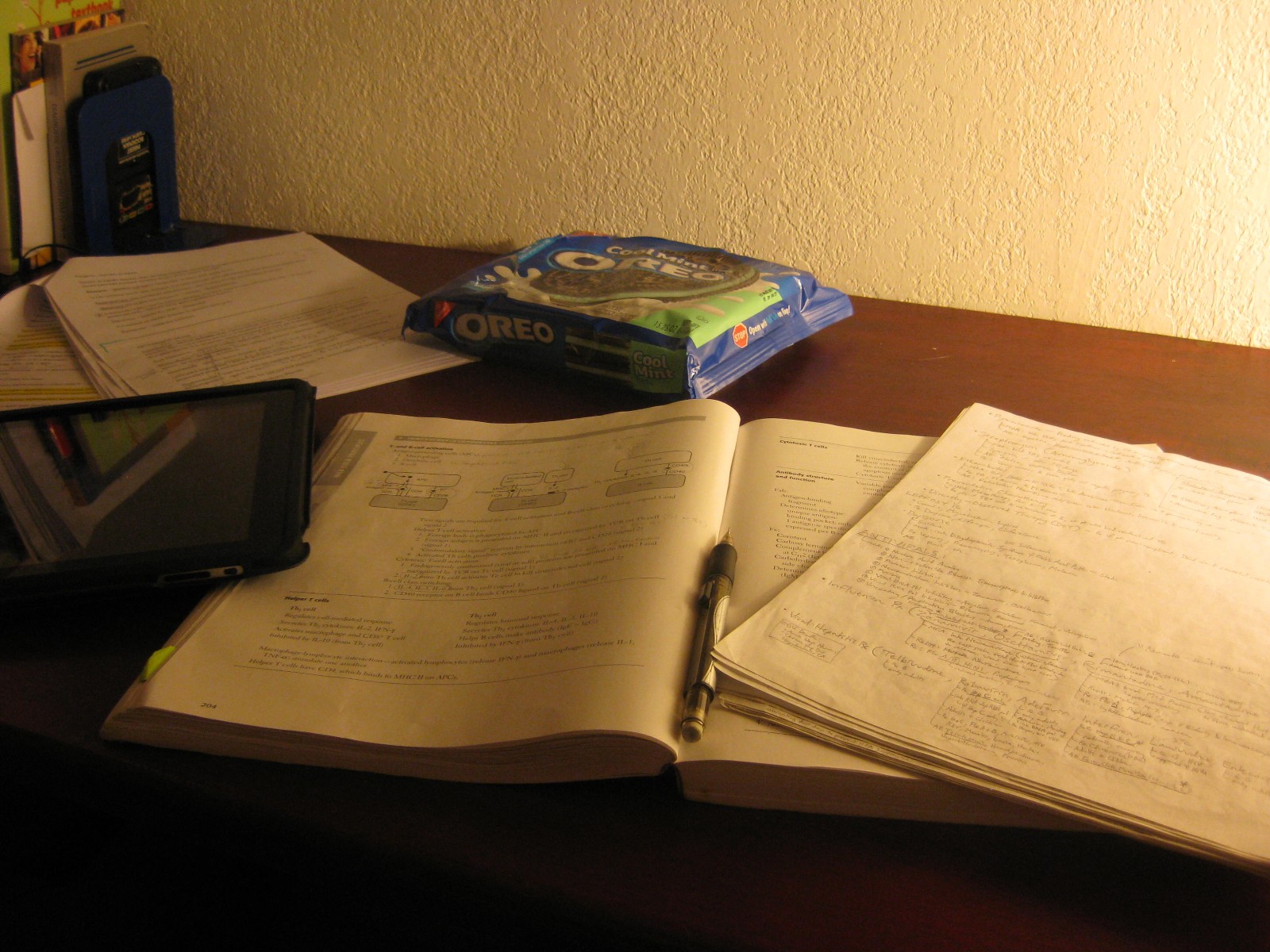PASS
 “PASS” … I can’t explain how relieved those four letters made me feel when I opened my USMLE Step 2 CK exam score report on my computer screen. After countless hours of study, an ever-receding hairline, and lots of patience and support on my wife’s part, I’ve passed my last exam in medical school, and my last requirement for graduation. As of October 26, 2013, I am now officially Dr. Benjamin Laurence Ho, M.D.!
“PASS” … I can’t explain how relieved those four letters made me feel when I opened my USMLE Step 2 CK exam score report on my computer screen. After countless hours of study, an ever-receding hairline, and lots of patience and support on my wife’s part, I’ve passed my last exam in medical school, and my last requirement for graduation. As of October 26, 2013, I am now officially Dr. Benjamin Laurence Ho, M.D.!
Being nine hours long with only a one-hour break in between, the CK is no doubt a mentally-demanding and exhausting exam, and by the end of the nine hours, all I wanted to do was go home, clear my mind, and think of nothing else for the rest of the day. But, I couldn’t. For most exams I have taken in my life, I’ve walked out of the testing center having a fair idea of how I did. However, this was not the case with the CK. I found no relief from being done with this monster. Memories of the vague questions and tricky answer choices (at the mercy of an ever-dwindling ticking time count) continued to haunt me with an uneasy feeling throughout the next three weeks while I waited for my scores to be tallied. And now, it’s here, right before my eyes.
So given the past three long weeks, it was definitely a relief when I saw those four letters. I read the word again to make sure that that was really what was spelled. I’d like to thank my wife Irene, my family, friends, and school for the support and preparation for this exam.
About the Step 2 CK:
The U.S. Medical Licensing Exam (USMLE) is divided into several parts taken at different times during your medical training: Step 1, Step 2 CS, Step 2 CK, and Step 3. Step 2 CK is the last part of the USMLE taken during medical school. Step 3 is usually taken during the first year of residency. The “CK” in the Step 2 CK exam’s name stands for “Clinical Knowledge.” Unlike Step 1 which focuses more on the mechanisms behind diseases, Step 2 CK focuses its questions more on the diagnoses and initial management of diseases, the things we learned during our clinical years of medical school. However, occasionally there may also be a few Step 1-type questions found in Step 2 CK. It’s all fair game.
The exam is taken on a computer at a Prometric Center, and consists of eight 1-hour sections, each with 42 to 44 multiple-choice questions. The exam also provides one hour of break time, which you are free to divide between the eight sections. Including the break time, the exam lasts a total of nine hours.
There are several types of questions one could expect to find on the CK. Most questions have very long stems with lots of details, and timing is a huge challenge. Most sections have questions with multimedia, such as pictures, EKGs, or the use of headphones. Most sections also have questions that provide a drug advertisement or multi-page research article (which take a long time to read through), then asks a few questions regarding it (applying the knowledge from the article to answer a question about a certain patient vignette). The number of answer choices vary from question to question, with some providing as little as A through E, to as many as A through K or so. There are questions that need to be answered in sequential order, which locks your answer when you proceed to the next question.
Over the years, the USMLE Step 2 CK Committee has gradually increased the minimum score required to pass the exam. In July 2013, the minimum passing score for the exam was increased from 196 to 203.
When to take the Step 2 CK:
While some residency programs may say that they do not require CK scores at the time of applying, I would highly recommend you have your scores in by the time you apply, especially as an IMG. I’d recommend taking CK before the end of August (the August before your Match year), since results take 3 weeks to come back and you would want to have your scores in by the time you send out your residency applications on September 15. Many programs may not even look at your application and invite you for an interview unless you have a completed application with all your step scores.
As of January 2014, you need to finish all 5 of your core rotations before you are allowed to take CK. If for whatever reason you’re not able to make this happen, the school can make certain exceptions. In addition, it’s also now required to pass an NBME clinical comp exam after you finish all your core rotations in order to cleared to take the CK. This is to ensure that you are ready to take the real exam.
Of course, if you don’t feel you are ready to take the CK by August, then I would recommend holding off taking the test, even if it means taking it in September or October (which is what I did). A failure or a low score is worse than having your scores in late, so it’s best not to risk it. The latest you are allowed to take the exam in order to match on time is December 31.
My Tips:
- I found USMLE World for Step 2 CK to be the most helpful study resource. It is a question bank with more than 2000 questions of similar types and topics. The question lengths were comparable. However, there are also lots of topics on the actual exam that were not found in USMLE World. I’d suggest supplementing your studies with another resource, like Master The Boards, Step Up, First Aid, or Secrets. I would just choose one and stick with it. Master the Boards USMLE Step 2 CK
seems to be a very popular choice among my classmates, although I personally don’t have much experience with it.
- Before I took the exam, several doctors told me that Step 2 CK is easier than Step 1. Despite my higher score on Step 2 CK, I actually found the opposite to be true, at least for me. I found the timing, the multiple possible answer choices, and the fact that your brain gets tired after nine hours of active thinking to be the most challenging parts of the CK exam. Take whatever opinion you hear for a grain of salt and definitely don’t put off studying because of a preconceived idea about the test. Certainly, don’t rush to take the exam before you feel you are ready. All three exams are important.
- When doing USMLE World questions, read through the entire explanation, and not just the summary tidbit at the end. You’ll learn much about differentiating between similar answer choices. Get some practice in Timed mode to train your pacing through the exam questions. Pacing is especially important in the later hours of the exam when you become mentally fatigued. When reading question stems, learn how to condense entire phrases into short key words. This makes it easier to remember the case so that you don’t have to re-read a question twice to understand what it is saying.
- Purchase NBME self assessment exams to gauge your readiness to take the exam. The exams are $50-60 each, but they are definitely worthwhile. There are several practice exams you can purchase. Forms 4 and 6 are the only versions that let you know which questions you got wrong so you may go back and review them. I would do these exams first so you can learn from them. You can do one every week, or every other week to see your progress. I found my NBME self-assessment score to be very close to the score I got on the actual exam +/- 5 points.
- Take bathroom breaks frequently, even if you don’t feel the need to go! The worst feeling is the urgency to go to the bathroom when you’re midway through your section. It is distracting and makes you want to rush through the questions. This happened when I took the Step 1 exam when I underestimated my bladder and decided not to take a break between sections. I have since learned my lesson and took bathroom breaks between every section on the Step 2 CK.
- Get plenty of sleep before the exam! You’ll have more energy to get you through the day.














Hey Benji (or should I say, Dr. Ho!). Although you don’t know it, I’ve been right there with you along your journey for the past year and a half by following this blog. My since congratulations for this most auspicious occasion! I’m starting AUC in May solely because of the information and inspiration you have provided. So, thank you.
Quick question: How will you occupy your time until residency starts next year?
Thanks David for following my blog, and thanks for the kind message!
Ever since I took the Step 2 CK, I’ve moved back to my hometown of Macon, Georgia, and started working full-time at my father’s pediatric clinic. I am getting a really great experience here, as I see patients, write SOAP notes, do minor procedures, conduct lab tests, and pretty much everything but sending out prescriptions, finalizing patient charts, and other things that only a licensed physician can do. My dad really loves teaching me, and I really enjoy learning about the actual practice of medicine, the stuff you can’t learn in a textbook. Personally, I also want to develop my preventative medicine teaching skills as well, so I’ve been experimenting with new, fun ways to teach my patients to eat right and exercise. I feel this work experience will really help me with the pediatric aspect of my future family medicine career. I will spend the next few months at this clinic, and then next spring, hopefully I’m going to start working at a family practice clinic of a doctor I met recently who is willing to help me out in getting some more family medicine clinical experience, since family medicine is what I want to pursue. I have also starting studying for my next exam, Step 3, which I have to take by the end of my intern year of residency. I think between applying for residencies, working full-time, studying, and spending quality time with family back home, I’ll be quite occupied before residency starts.
Congratulations on your acceptance to AUC and I wish you all the best on your journey come May! Let me know if you have any questions.
Benji
Hey congrats Benji. Now you are fully ECFMG certified. Next stop residency!
Thanks man! How are you doing?
I just checked that you replied..I’ve been busy..this Step 2 CK studying is a pain
Whoop whoop!Throw up the confetti! Congrats Benji!
Thanks Kwasi! You still in New York?
Yes. Studying for ck ;-(
I saw your notes on peds. I was wondering if you would be kind enough to provide the rest of them? They are very nice and helpful.
Thanks JP for reading my notes. Unfortunately that is all the notes I have for peds for now. I have been thinking about expanding my notes section. That’s the logical next step in keeping this blog active and alive, as I am no longer a “Caribbean Med Student” (I am no longer a student, nor do I live in the Caribbean anymore). I am rather busy with work as well as with residency interviews at the moment, and so it may be a while before I start working on any new material for this site. Feel free to periodically check back, and happy reading!
Benji
Could you email them?
Unfortunately, I cannot. As I stated previously, what I have posted on this site is what I have.
Hey Benji,
I am currently studying for CK and am not doing great on the nbmes. I’m just wondering how much they underpredict your score on CK, because for step 1 they underpredicted by 10-15 points, for me anyway.
When is it safe to sit for the exam? How long did you study for and I’m assuming you went through UW a couple of times?
Thanks!
Hi Bart, I went through USMLE World two times. I would right down key points on the questions I miss, then review those over and over. I also took a few NBME exams and only took the Step when I scored past my goal on two practice exams. I would say to expect yourself to score +/- 5 pts from the practice tests. At least this was true for me. I studied for about 1.5 months.
Benji